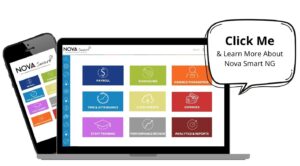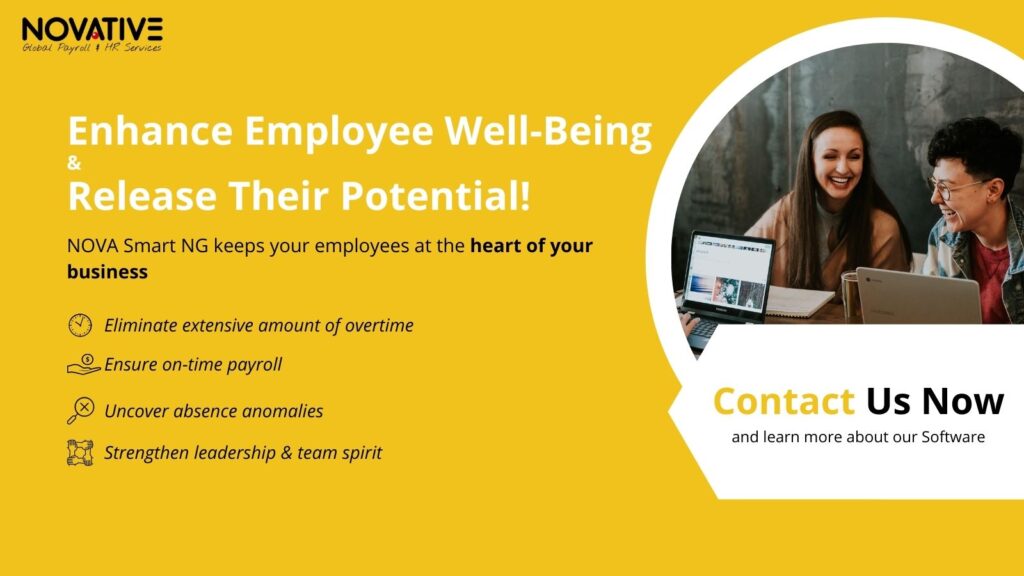But should performance appraisals really be an anxiety-provoking event for many employees?
👉 In this article, we’ll answer that question and give you some tips on how to make the experience beneficial for both employer and employee.
The Reputation of Performance Appraisals
Performance appraisals can be a great tool to drive performance, growth and better results. However, some employers have misused appraisals in the past. Employees have been fired without warning for poor performance, evaluations have been based on personality traits rather than objective criteria, or simple company policies and procedures have not been followed. This has made employees uncomfortable with the process. Though, performance appraisals should be anything but a scary and stressful experience.
When carried out properly, performance appraisals should be an exciting event from which employees and employers can learn. It shouldn’t turn into a scrutinizing conversation where employees are told every little thing they did wrong, but should highlight how the work can be improved for the benefit of both parties. It’s about listening, understanding and showing empathy for the employee’s situation and feedback, while keeping the company’s best interests in mind.
By making the appraisal a positive experience, you as the employer automatically reduce unnecessary stress, improve your overall team’s performance in the days leading to the appraisal and enhance the wellbeing of your employees. Also, you will see a positive change to the team’s atmosphere with less fear, tension and anxiety building up.
Tips Appraisals | Combat Unnecessary Stress
We’ve collected some tips to help you take the employee experience from frightening to exciting when thinking about performance reviews. This change in mindset will not happen overnight – depending on the current situation – but is a gradual process that will show its effects on your company in the long run.
 Be Compassionate & Understanding
Be Compassionate & Understanding
Show your employees that you care and want to listen, not because you have to, but because you really care. Show them that their opinions and feedback are just as important as the employer’s. Understand their concerns and situation and try to find solutions that support your employee’s well-being and, ultimately, your company’s performance.
 Communicate Expectations & Processes
Communicate Expectations & Processes
Clear communication is important, whether in private life or at work. Without clear communication, employees cannot prepare for performance appraisals. Anxiety can build up due to lack of communication of expectations & concentration on their work will drop. Let your employees know what is going to happen, explain the process, the objective and make them feel comfortable. Only when you communicate effectively will staff feel comfortable enough to give their feedback truthfully, as they have had time to reflect on their own performance.
📢 Already implemented a performance review software? Check out our Nova Smart NG Appraisal module, that streamlines the process, clearly communicates expectations and allows setting objectives agreed upon by both.
 Review Your Measuring Criteria
Review Your Measuring Criteria
Stop judging an employee based on whether you like them or not. Focus on their performance, their integration into the team and their overall work ethic. Don’t confuse this with how many hours someone spends in the office, but focus on the quality of the hours they put in. Show them that you trust them to do a good job, even if they don’t work as much overtime as their colleagues. Define clear metrics to apply to each employee to keep your appraisals accountable & as objective as possible.
 Highlight the Employee’s Growth Potential
Highlight the Employee’s Growth Potential
Nobody wants to hear only negative aspects about their performance. This is sure to demotivate the employee and will not lead to the desired result. While it is of course important to highlight behavior and performance that does not meet the company’s expectations, there is always the question of how you start the conversation about it. Shift your feedback approach from general statements to highlighting specific aspects. Move away from “You did this” to “I noticed that…” by:
- Describing your observation: “I observed that…”
- Explaining the effect it had on you, “This had the effect on me as if….”
- Formulating your request to change and mentioning strategies to get there, “I would wish that…”
 Create a Save Space to Talk About Mental Health
Create a Save Space to Talk About Mental Health
Create a safe space where staff can talk freely about how they feel and what they are struggling with. This will help you build the trust and honesty needed for a successful and effective performance review. Ask them how the pandemic has affected their work and personal lives, and you can find out the reasons for their performance, which will give you the opportunity to make appropriate changes.
 Do Not Make Comparisons
Do Not Make Comparisons
Comparing the performance of the employee with the performance of another employee in the team is a no-go. You cannot compare an apple with a plum just because they both grow on trees. They are completely different individuals with different roles, growth possibilities, tasks, responsibilities and results. Comparing employees will only lead to a negative atmosphere in the office, where employees start competing and acting self-centered.
 Increase the Feedback Frequency
Increase the Feedback Frequency
A child is praised when they finish their plate, in school work is constantly assessed through grades, why should this regular feedback suddenly stop in professional life? Feedback is an important part of the learning process. It is the only way employees can find out if they are doing a great job. Moreover, feedback offers many opportunities to motivate oneself and to do a better job.
Therefore, it is important that this regular feedback is not swept under the table. Managers must take time for their employees regularly. Especially as home office work becomes the norm and employees get even fewer signals whether what they are doing is OK. You don’t have to schedule 45-min conversations every week. About 10 min. per employee every week is quite enough. This regularity of feedback also takes away the fear of quarterly or half-yearly performance reviews, as these are already part of the employee’s normal working week.
Do you want to improve your employee’s well being? Check out our dedicated well being website with many new articles.
👇 👇 👇













Its wonderful as your other articles : D, appreciate it for putting up.